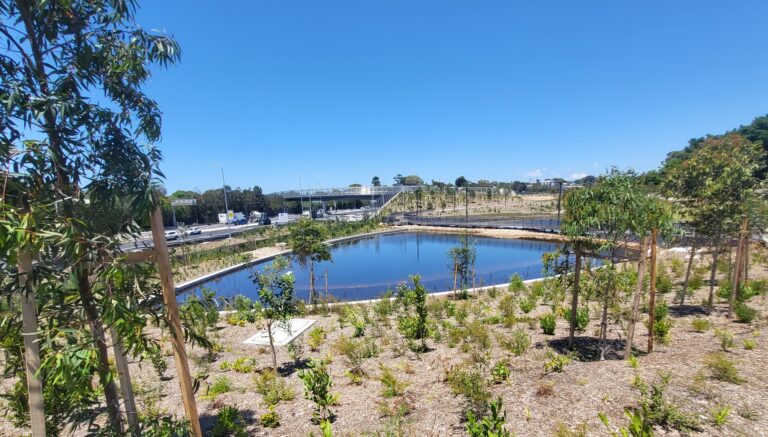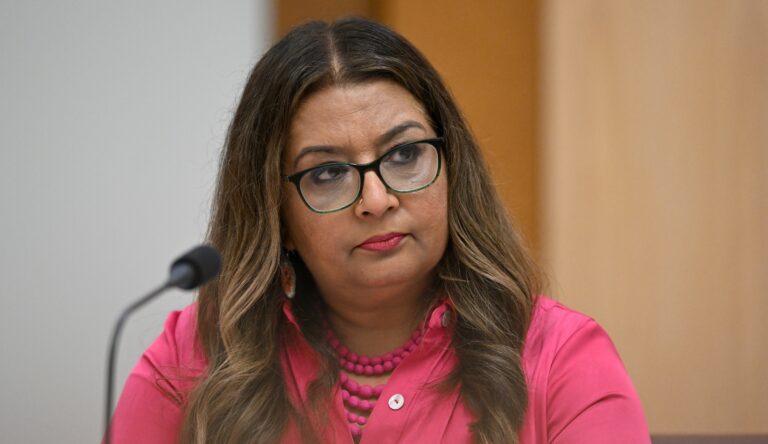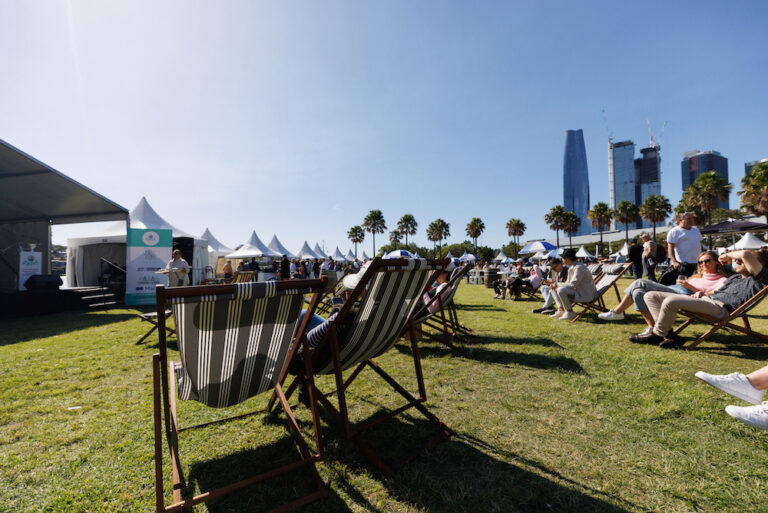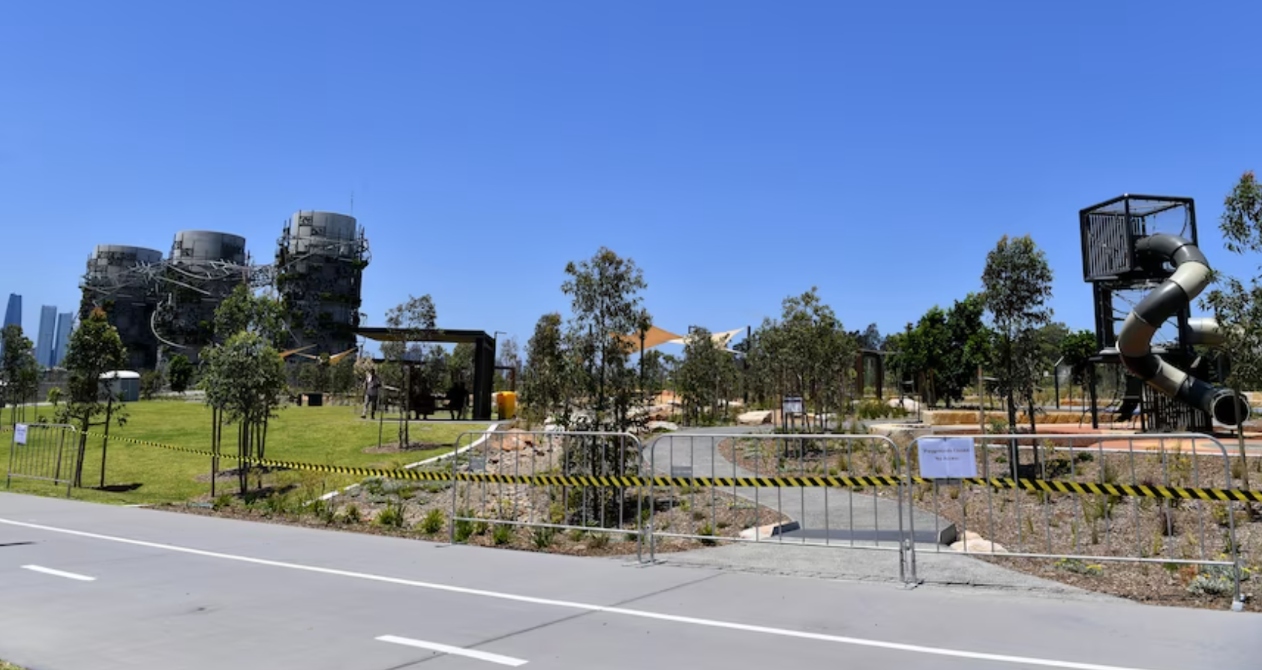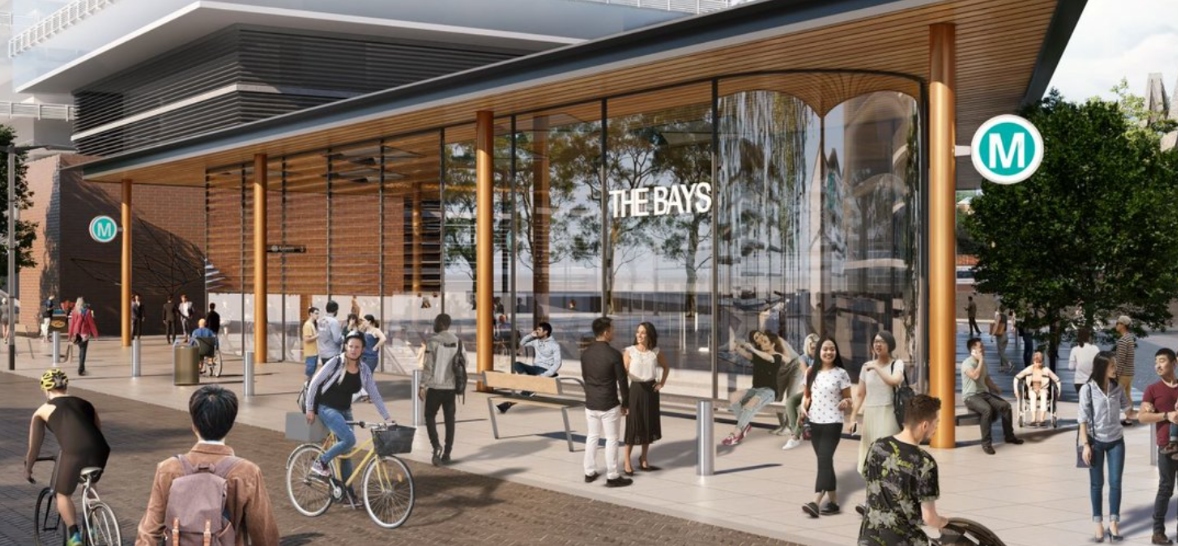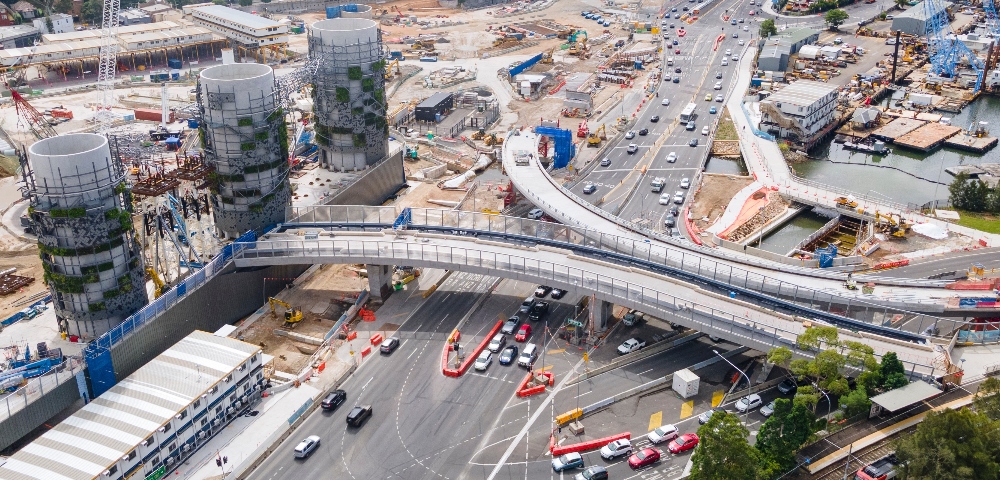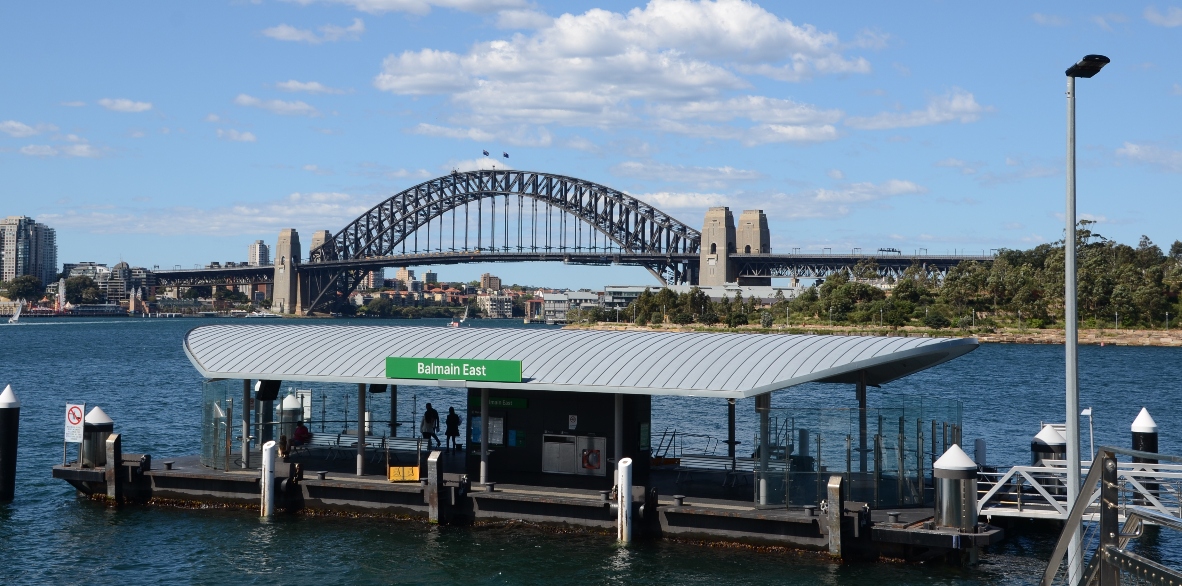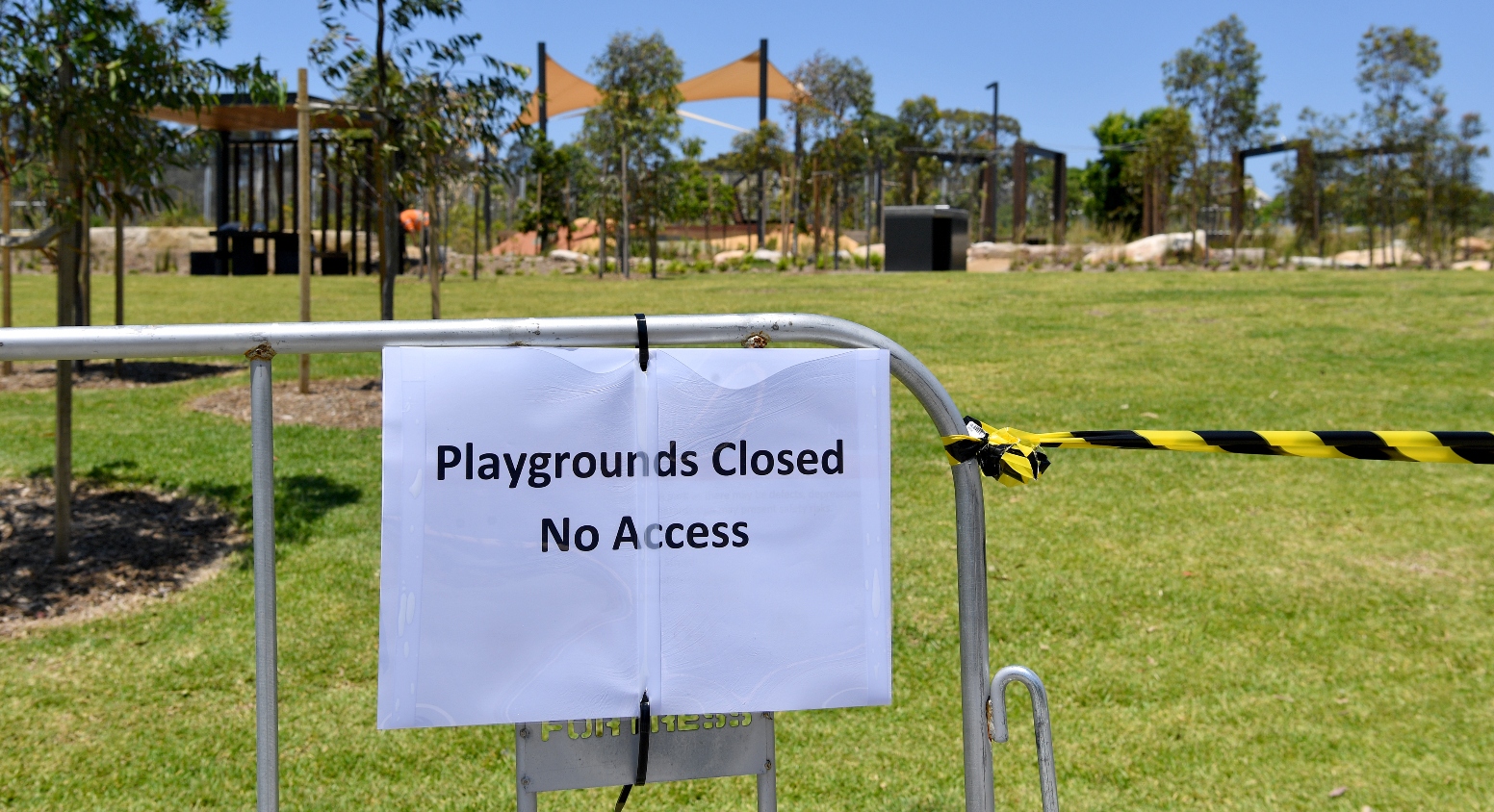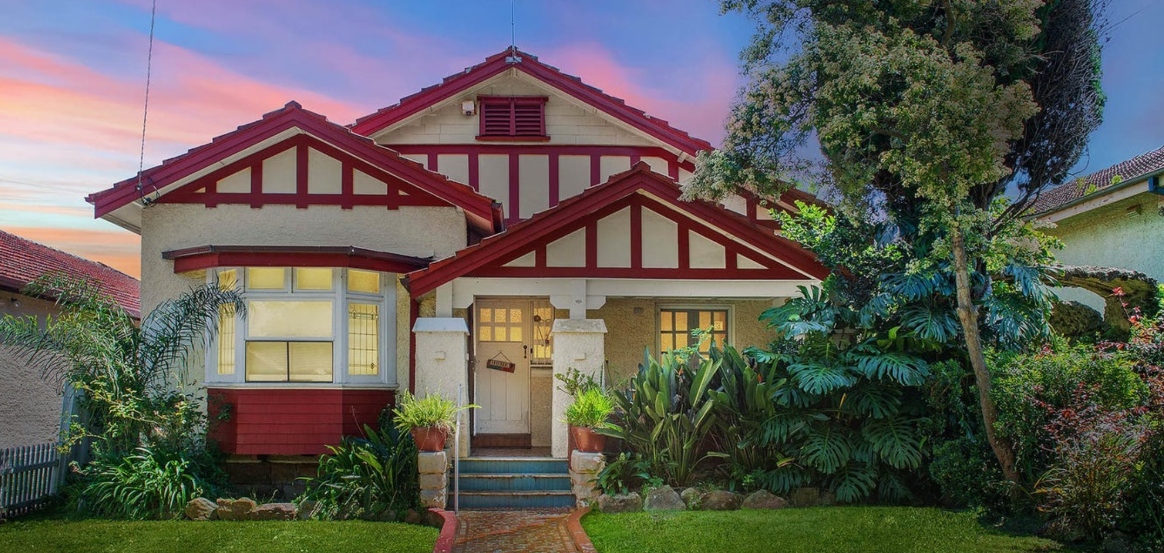
St Peters home sells for $400,000 over asking price

Image: A home in St Peters has sold for $2.88 million in late March.
By CHRISTINE LAI
A house in St Peters has sold for more than $400 000 of its asking price, with several prospective buyers competing to purchase the four-bedroom home, amidst the ongoing cost-of-living crisis.
NSW buyer’s agent Penny Vandenhurk, placed a bid on behalf of her client, explaining that the home was “unique and versatile”. While the St Peters property has sold for $2.88 million, $20,000 short of the suburb record for another four-bedroom home at 59 Mary Street (sold in November 2021), there are more than 116 000 people experiencing homelessness on any given night.
Vandenhurk told News.com that it was “obvious to her” that the property was “definitely not selling under $2.5 million,” justifying the decision to hold the opening bid for the property at $2.5 million.
The property was listed on The Agency as a place that combined the “feel of a treehouse sanctuary with a stylish industrial aesthetic” and “resting in a tranquil setting opposite Sydney Park”.

The sale of 2 Crown Street follows the Reserve Bank of Australia’s (RBA) move to escalate interest rates for the tenth consecutive time since its record low 0.1% during last May’s federal election.
Research by the UNSW City Futures Research Centre for the Community Housing Industry Association, shows that currently 640,000 Australians are in housing stress with the number tipped to hit one million by 2041.
Housing crisis points to low rental affordability and increased housing stress
The National Housing Finance and Investment Corporation (NHFIC) released its third flagship ‘State of the Nation’s Housing 2022-23’ research report on Monday, which found that the shortage of apartments and multi-density dwellings for rent is expected to continue over the medium-term.
The NHFIC is a peak housing body under the Federal government which undertakes independent research into the supply and demand of housing, affordability and looks at gaps across housing sub-markets.
The NHFIC reported that the supply of new housing has been impeded by higher interest rates and other factors including: “the availability of serviced land, higher construction costs, ongoing community opposition to development and long lead times for delivering new supply”.
Additionally, the cost-of-living crisis has made it more difficult for Sydney renters to find properties that are within their budget, or face eviction if they fail to meet the rent hikes.
In Sydney, rents in several outer Local Government Areas (LGAs) increased more than 30 per cent from early 2020 to January 2023, and more than 3 times that of some inner-city LGAs. The NHFIC provided a conservative estimate, reporting that approximately 377 600 households are in housing need, comprising “331 000 households in rental stress and 46 500 households experiencing homelessness”.
A report by PEXA & Longview found that rental prices had increased over the last three decades at a speed, outpacing inflation. Also, despite median wages largely keeping pace with inflation, rent is increasingly unaffordable for people in the lower income bracket.
Those within the demographic include some of Australia’s more vulnerable demographics, including recipients of government benefits, single parent households, and older households.
Vacancy rates have dropped to record lows in east coast capital cities in recent months, and the problem of rental competition, and affordability, has “reached crisis levels”.
Calls to fix the housing crisis starts at ending tax breaks
Everybody’s Home spokesperson Maiy Azize described the system as grossly unfair, stating that the tax breaks that were offered to landlords was contributing to the “widening inequality in Australia, overwhelmingly going to the richest Australians.”


